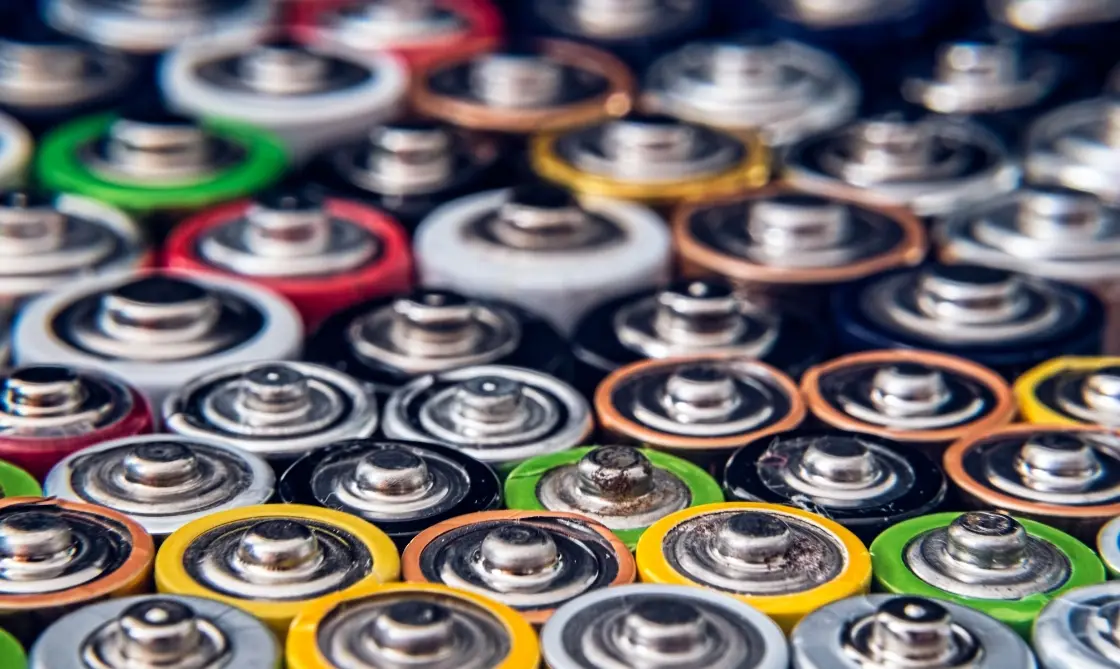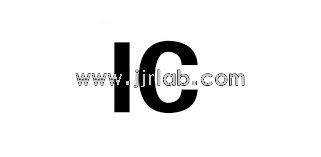
Do lithium batteries need certification?
For lithium battery exports to various countries and entry into their markets, compliance with local laws and regULations is required, necessitating certification according to respective standards. JJR Laboratory in China provides certification testing services for lithium batteries to meet the requirements of different countries. Below are the certification and testing standards needed for lithium batteries to enter various countries:

China Region
1. Voluntary CQC Certification (Standard: GB 31241-2015)
Purpose: Required for lithium batteries used as components in products applying for CCC mandatory certification. E-commerce platforms require GB 31241 reports endorsed with CNAS and CMA seals.
2. UN38.3 Report and Transportation Testing for Air and Sea Shipments
Updated Standard: ST/SG/AC.10/11/Rev.6
Purpose: Necessary for air and sea transportation of goods.
3. BSMI Certification (Standard: CNS 15364)
Purpose: Mandatory for lithium batteries entering Taiwan.
European Union Region
1. CB Certification (Standard: iec 62133:2012 2nd Edition)
Purpose: Applicable to all CB member countries covering most countries across four continents.
2. EN 62133:2013 Report
Purpose: Safety assessment report required for lithium batteries entering EU member states.
3. CE-EMC Certification (Standard: en 61000-6-1/EN 61000-6-3)
Purpose: emc compliance assessment report required for lithium batteries entering EU member states.
4. ROHS (Six Substances) and REACH Directive (108 Items)
Purpose: Chemical composition assessment reports required for lithium batteries entering EU member states.
5. GOST Certification
Purpose: Mandatory for lithium batteries entering Russia.
Americas Region
1. UL Certification (Standards: UL 1642/ul 2054/UL 60950)
Purpose: Non-mandatory safety certification typically requested by buyers, issued by UL in the USA.
2. TUV-US Certification (Standards: UL 1642/UL 2054/UL 60950)
Purpose: Non-mandatory safety certification typically requested by buyers, issued by TUV Rheinland in North America.
3. FCC Certification (Standard: fcc part 15B)
Purpose: Mandatory emc certification for the United States.
4. CTIA Certification (Standards: IEEE 1725/1625)
Purpose: Mandatory for North American telecommunications carriers; IEEE 1725 for rechargeable batteries in mobile phones, IEEE 1625 for rechargeable batteries in PCs.
Asia Region
1. KC Certification (Standard: KC 62133(2015-07))
Purpose: Mandatory for entry into South Korea.
2. PSE Certification
Purpose: Voluntary certification for batteries not belonging to specific appliances; circular pse certification required.
3. India BIS Certification (IS 16046:2015)
Purpose: Mandatory for entry into India.
4. Australia RCM Registration
Purpose: Mandatory for entry into Australia; requires CISPR 22 and IEC 62133 reports for RCM registration.
For cost-effective solutions, feel free to inquire! We can help you save up to 30% on certification testing costs."
Email:hello@jjrlab.com
Write your message here and send it to us
 Accelerated Ageing Test
Accelerated Ageing Test
 IP Ingress Protection Testing
IP Ingress Protection Testing
 How Does a Product Get an Energy Star Label
How Does a Product Get an Energy Star Label
 Is ROHS part of UL the same
Is ROHS part of UL the same
 What is Protection Class EN 60529?
What is Protection Class EN 60529?
 IP69 Certified Protection
IP69 Certified Protection
 California Energy Commission Testing Lab
California Energy Commission Testing Lab
 What Does the Canadian IC Mark Mean?
What Does the Canadian IC Mark Mean?
Leave us a message
24-hour online customer service at any time to respond, so that you worry!




